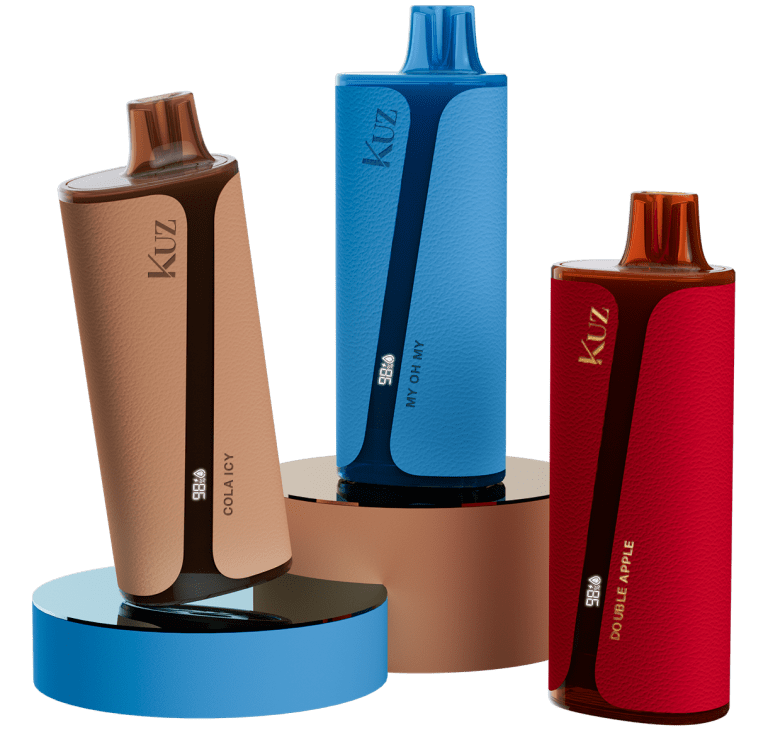In today’s digital age, where vaping has become increasingly popular, questions about its impact on various health aspects, including blood work, are rising. As someone who vapes, you might wonder whether it’s safe to vape before going in for blood tests and what effects it could have on your test results. Understanding these effects is crucial for ensuring that your blood work is accurate and reflective of your true health status.
The Impact of Vaping on Blood Work
Vaping introduces nicotine and other chemicals into your bloodstream, which can alter your blood pressure and heart rate. For example, nicotine causes blood vessels to constrict, leading to elevated blood pressure—a factor that can significantly affect the readings during your blood tests. This is particularly concerning for tests that monitor heart health, as nicotine can skew results, leading to potential misdiagnosis or unnecessary follow-up testing.
Furthermore, the chemicals found in vape juice, including propylene glycol and glycerin, can cause dehydration. Dehydration alters the concentration of substances in your blood, potentially leading to inaccurate results. Staying hydrated before a blood test is critical, yet vaping may counteract your hydration efforts, making it harder to obtain a precise reading.
Why You Should Avoid Vaping Before Blood Work
Given the potential impacts of vaping on your blood test results, healthcare professionals generally recommend avoiding vaping for at least 24 hours before your blood work. This abstention period helps ensure that nicotine and other chemicals have been metabolized and cleared from your system, reducing the risk of altered test results.
Tests that are particularly sensitive to nicotine, such as those measuring blood sugar levels, cholesterol, or oxygenation, are likely to be most affected by recent vaping. Vaping can also trigger a temporary increase in stress hormones, which may influence various blood biomarkers, leading to further inaccuracies.
Best Practices for Accurate Blood Work Results
To ensure that your blood work is as accurate as possible, follow these best practices:
- Avoid Vaping and Smoking: Refrain from vaping or smoking for at least 24 hours before your blood test to prevent nicotine from influencing your results.
- Stay Hydrated: Drink plenty of water before your test to maintain optimal hydration levels, which is essential for accurate blood work.
- Follow Fasting Guidelines: If your test requires fasting, make sure to avoid all foods, drinks (except water), and even certain medications as instructed by your healthcare provider.
- Communicate with Your Healthcare Provider: Always inform your healthcare provider about your vaping habits, so they can interpret your results correctly and advise you on any necessary precautions.
Conclusion
While vaping may seem like a harmless habit, its effects on medical tests like blood work are significant. Nicotine and other chemicals in vape products can lead to altered blood test results, potentially impacting your overall health assessment. To ensure that your blood work reflects your true health status, it is best to avoid vaping before your test. By following these guidelines, you can help guarantee that your test results are accurate, giving your healthcare provider the best information to guide your care.
By understanding the impact of vaping on blood work and adhering to recommended practices, you can ensure that your health assessments are both accurate and reliable. Prioritizing your health by making informed decisions about vaping can lead to better long-term outcomes and more precise medical care.



